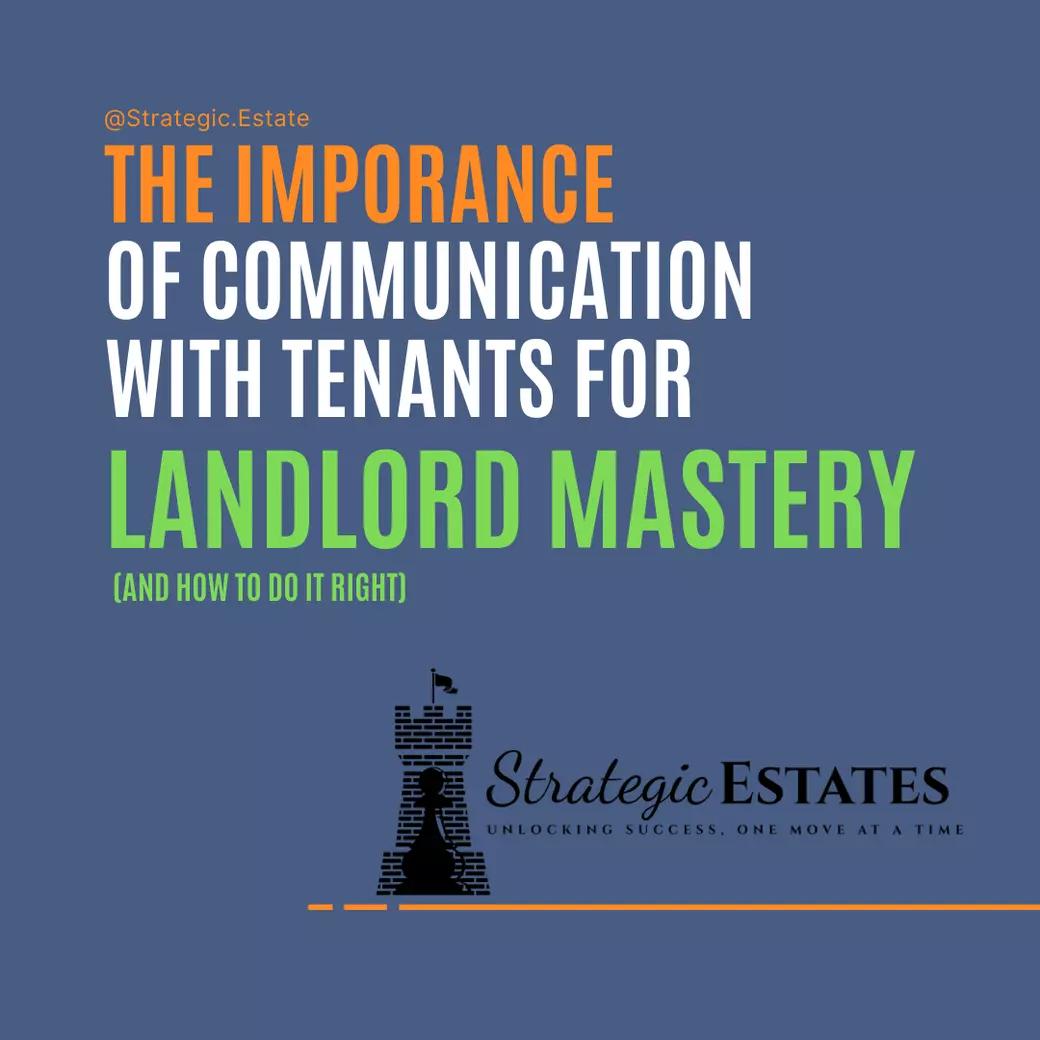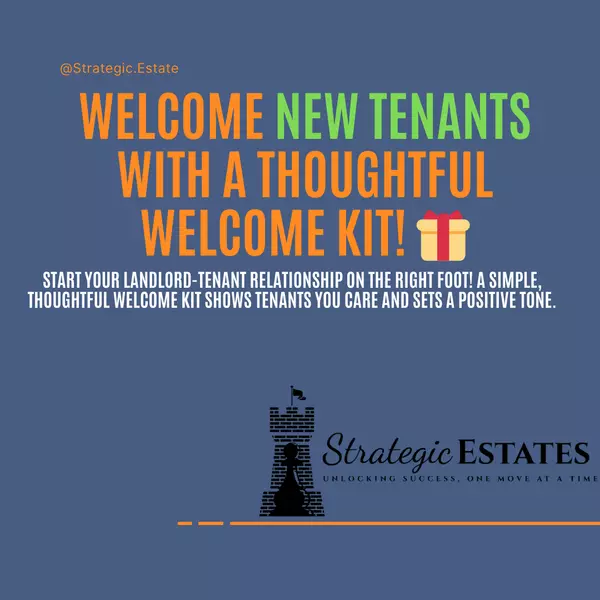The Importance of Tenant Communication (and How to Do It Right)

Clear and consistent communication with your tenants is one of the most effective ways to build trust, reduce misunderstandings, and improve tenant satisfaction. Happy tenants are more likely to stay long-term, take better care of the property, and even refer other tenants. In this post, we’ll explore why good communication matters and offer practical tips for getting it right.
To make your job easier, we’re offering a set of Tenant Communication Templates for common scenarios, like maintenance requests, rent reminders, and lease renewals. Download them here!
1. Be Responsive & Prompt
- Why It Matters: Quick responses show tenants that you respect their time and take their concerns seriously. Ignoring tenant communication can lead to frustration, which can reduce tenant retention.
- How to Do It: Aim to respond to all tenant inquiries within 24 hours. If you need more time to resolve an issue, let them know you’re working on it and give an estimated timeline.
- Pro Tip: Set up an automated response for emails or texts to acknowledge receipt, and let tenants know you’ll be in touch shortly. This reassures them that you’re on top of things.
2. Set Clear Expectations from the Start
- Why It Matters: Clear communication prevents misunderstandings about responsibilities, policies, and procedures, which can lead to smoother landlord-tenant relationships.
- How to Do It: Include detailed information in the lease agreement about things like rent due dates, maintenance request procedures, and tenant responsibilities. During move-in, go over these points to ensure they understand.
- Pro Tip: Create a “Welcome Guide” for new tenants that outlines all the essential information they need, from garbage pickup schedules to contact information for emergencies.
3. Use Friendly, Professional Language
- Why It Matters: The tone you use in your communications affects how tenants perceive you. A professional but friendly tone builds respect and rapport, making tenants feel comfortable reaching out.
- How to Do It: Avoid overly formal or harsh language. Instead, be polite, courteous, and to the point. Phrases like “Please let us know if you have any questions” show you’re approachable and willing to help.
- Pro Tip: Personalize your messages when appropriate. Addressing tenants by name and including a friendly closing can make your communication feel more genuine.
4. Document All Communications
- Why It Matters: Keeping a record of all interactions with tenants helps you track past issues, follow up on unresolved matters, and protect yourself if disputes arise.
- How to Do It: Use email for important communications, so there’s a written record. For in-person or phone conversations, follow up with a summary email to document what was discussed.
- Pro Tip: Consider using property management software that includes a messaging feature. This way, all communications are automatically saved, and you can easily reference them as needed.
5. Use Multiple Communication Channels
- Why It Matters: Different tenants have different preferences for how they communicate. Offering multiple channels ensures tenants can reach you in a way that’s convenient for them.
- How to Do It: Provide several ways to contact you, such as email, phone, and text. You can also use messaging apps or property management software for a centralized communication hub.
- Pro Tip: Establish primary and secondary contact methods for different scenarios. For instance, use email for formal notices and text messaging for quick updates.
6. Send Regular Updates and Reminders
- Why It Matters: Regular updates keep tenants informed about maintenance schedules, community events, and important reminders. This helps them feel connected and aware of what’s happening in the property.
- How to Do It: Send monthly or quarterly newsletters with updates about the property. You can also send reminders for things like rent due dates or scheduled maintenance.
- Pro Tip: Use a calendar reminder system to automate these communications. This ensures you don’t forget important dates, and tenants appreciate the proactive communication.
7. Handle Issues Calmly and Professionally
- Why It Matters: When issues arise, a calm and professional response can diffuse tension and show tenants that you’re committed to resolving the problem fairly.
- How to Do It: Listen to the tenant’s concerns without interrupting, acknowledge their feelings, and offer a solution. Keep your language neutral and avoid assigning blame.
- Pro Tip: For more challenging situations, refer back to the lease agreement to clarify roles and responsibilities. This can help keep the conversation objective and fact-based.
Call to Action
Effective tenant communication is a cornerstone of successful property management. By being responsive, professional, and organized, you can foster positive relationships that benefit both you and your tenants. Need help getting started? Download our Tenant Communication Templates here to streamline your interactions and improve tenant satisfaction today!
Additional Resources
Categories
Recent Posts










